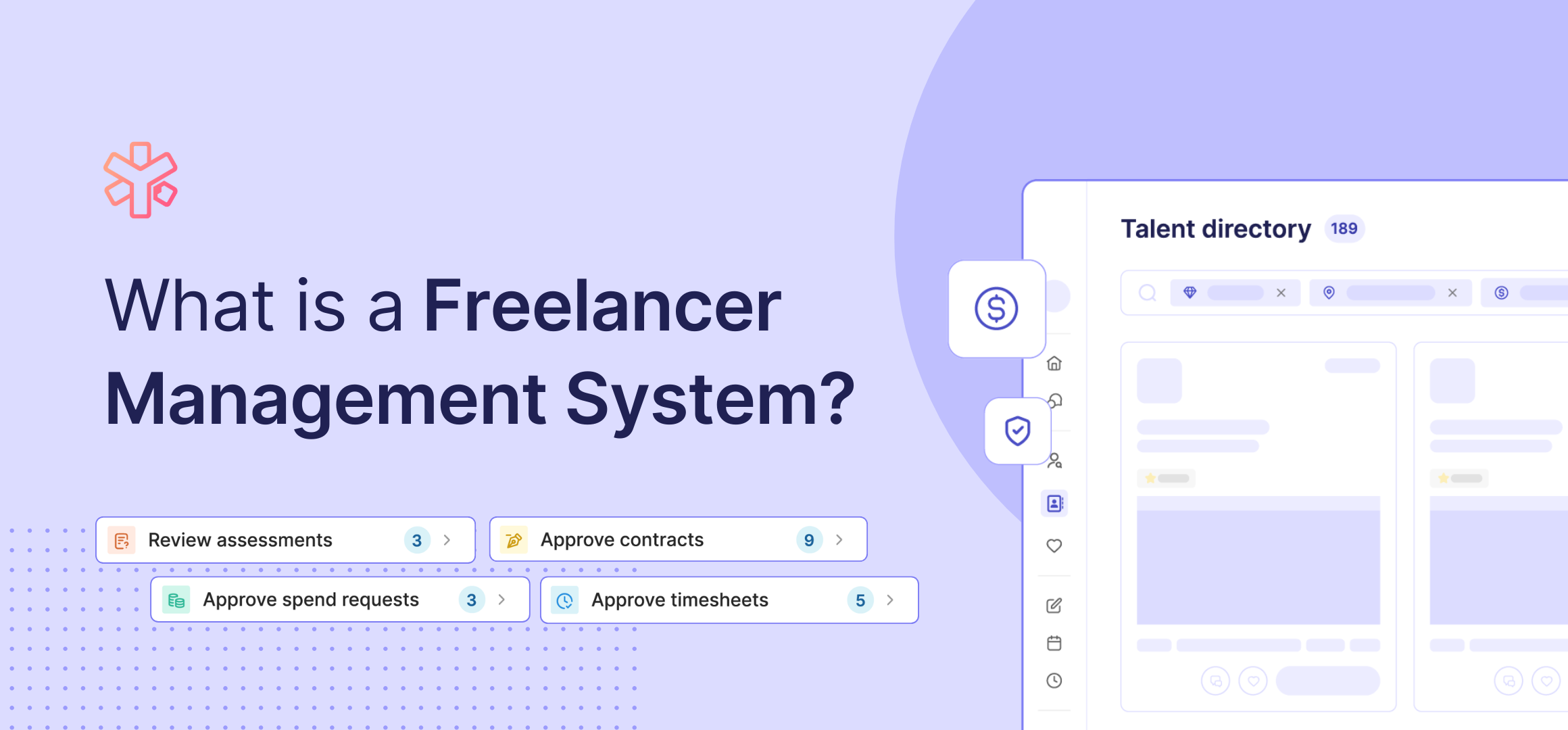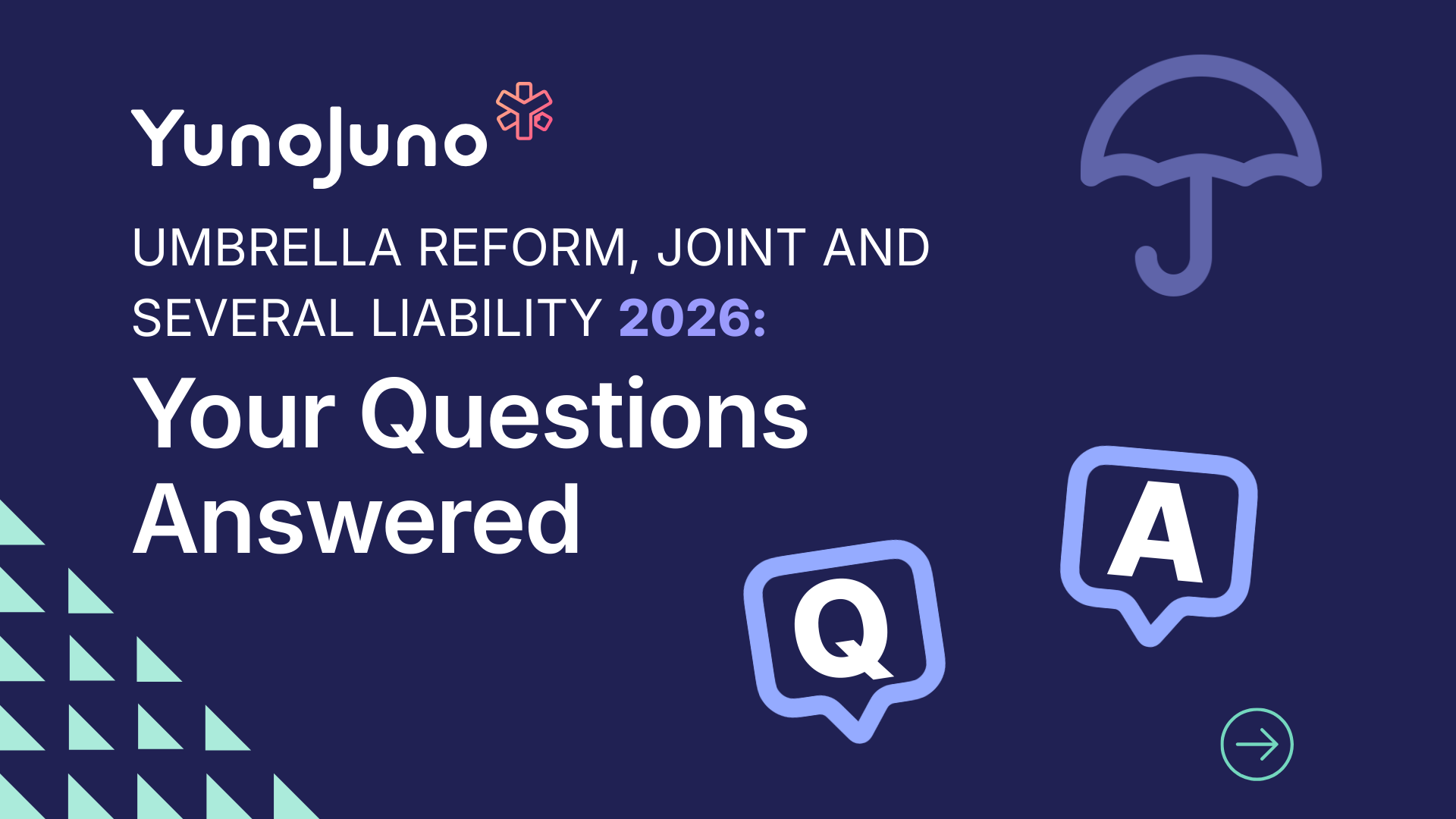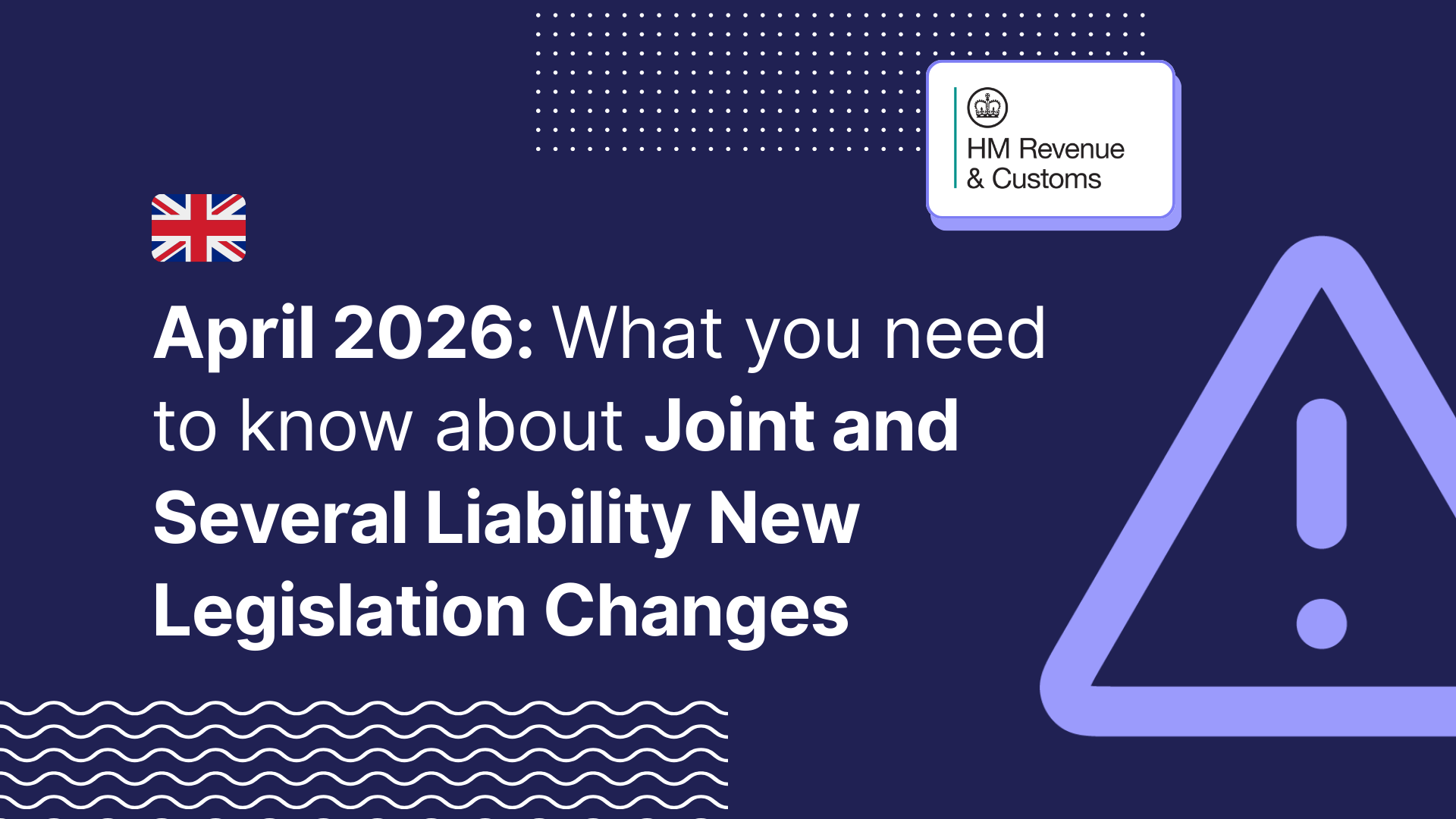Whether you’re applying for your first ever job or a brief on YunoJuno, there’s one thing every project, position and role have in common; the need for a good cover note!
Cover notes are a very short introduction for employers and clients to understand first why you’d be a great fit for the role and why you’d like to work on the job/ with the company.
Whilst the debate on the length of cover letters continues, we explore why cover notes matter and how to write a great one that will help you stand out.

Helps you stand out from the crowd
Here at YunoJuno, we want to help every freelancer when it comes to showcasing their unique skills and talent. That’s why we’ve left a few helpful hints above our cover letter option to prompt you to include a few things. We want you to stand out from the crowd as lots of other freelancers potentially apply for the same brief so make your note one to remember!
Be direct and start your note with why you’re best qualified to help out on the project— can you name-drop some relevant clients that you’ve worked with? Share some links to some of your best projects. If you can’t name-drop directly, mention the kind of work you did and how it delivered results.
Saves the client time reading through
Open with why you’d be the best person to work with; are you creative? Have you got years of experience? Clients are time-poor so give them the highlights fast!
Keep your cover note short and sweet to help save their time and only mention the most relevant projects or clients that will help them decide if you’re a good match. Mention how you like to work (in a team, on-site, remotely etc.) and whether you can be flexible- all of these things will help a client save time and make a quick decision.
It’s not just about getting to the point too, as we’ve previously mentioned in our tips to writing a great cover note, if you’re applying for briefs on YunoJuno, your profile needs to be up to date and feature those clients and projects you’ve mentioned in your note.
Tips for writing a great one
- Get Straight to the point - There’s a reason we call it a ‘note’, as we believe in getting straight to the point! Be direct and don’t worry about asking how the client is etc.
- Highlight any relevant experiences or qualifications you have- Gained a qualification in something that would help the role? Have extra experience in a specific industry? Mention it!
- Mention the role- When you’ve got a quiet period it can feel tempting to apply for lots of different roles and briefs and forget which one you’ve applied for. Try to avoid a simple copy and paste approach by mentioning the role in your note and directly responding with why you’d be great for it.
- Share your availability- Clients will mention how long the project will be and their preferred start date. If you can start on the start date, great. If you’ve got a holiday coming up, mention your availability around it. Clients appreciate the flexibility so mention it!
- Add some personality- As you can imagine, clients will be reading a lot of cover notes for their briefs so if you can, add some personality and make yours stand out!
Whilst you’re slightly restricted on character count, cover notes are your chance to attract clients and share why you’d be the best match for them. If you’re applying for briefs on our platform and have some more great tips, why not share them with our community of freelancers. Our freelance community are always keen to hear from their peers.








